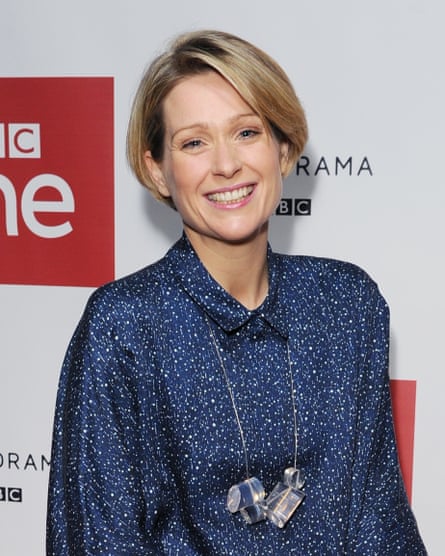Sherlock Holmes, the cleverest man in the world, and Donald Trump, who becomes US president on Friday, may not obviously have much in common. Both, though, have had their crowning moments overshadowed by Moscow gossip.
Already known to be a chronic cocaine addict, the Baker Street detective is invulnerable to dossiers alleging personal misbehaviour, but the final episode of the fourth series of Sherlock – which may be the last ever – was leaked online in Russia at the weekend ahead of Sunday night’s heavily embargoed screening on BBC1. The programme makers pleaded on Twitter with viewers elsewhere not to join the spoiling.
So it was 22.30 on Sunday when obedient members of Theresa May’s electorate found out what had been available to Vladimir Putin’s electorate for some time. It had seemed potentially ominous that Sunday night’s episode was called The Final Problem, the title of a Sir Arthur Conan Doyle story in which the hero dies. However, despite moments in which each had guns pointed at their heads, Benedict Cumberbatch’s Sherlock and Martin Freeman’s Dr Watson survived to be available, subject to contract, for any fifth series or special that might follow.
Andrew Scott’s Moriarty and Amanda Abbington’s Mary Watson (granted the last word) also featured prominently, despite both their characters having died. These were not continuity cheats: she was a ghost, he a flashback.
The writer-creators, Steven Moffat and Mark Gatiss, have faced criticism for making the detective more Bond than Sherlock in this run. And such moans seem unlikely to be muted by much of The Final Problem taking place on a secret island fortress, where Sherlock and his brother, Mycroft, and Dr Watson, like Roger Moore in The Man With the Golden Gun, are set a series of tasks to save their lives.

But the main occupant of this coastal prison is indebted to neither Ian Fleming nor Conan Doyle. The running secret of this series has been that the detective’s claim to the title for global braininess is gender-specific. He can be out-thought by the smartest woman in the world: Eurus, the psychotic sister he did not know he had, played by Sian Brooke.
Eurus is the least canonical main character in the TV series, but reflects the fear Conan Doyle gave Holmes of “meeting an antagonist who is his intellectual equal”. And Moffat and Gatiss always stay closer to the original stories than their most severe critics allege.
On Sunday night, The Musgrave Ritual was mined for flashbacks to strange games in Sherlock’s childhood and a sub-plot of Mycroft suspecting a burglar, while even the Bondish island hideaway drew on the images of rocks and water present, through the Reichenbach Falls, in The Final Problem.
The scripts have become so playful and allusive that it is hard to know whether references are meant or accidental. It was surely deliberate that “Redbeard”, a crucial clue to Sherlock’s childhood, invokes “Rosebud”, the key to Citizen Kane’s psyche. But did the creators intend Sherlock’s sister, when mentioned, to bring to mind the EU single currency? Although, spookily, those newspapers that are most anti-euro have also been most anti-Eurus.
Directed by Ben Caron with a visual swagger far beyond the budget – and including an eerily beautiful high-security violin duet for Sherlock and Eurus – this was a fine way to go, if gone Sherlock has. In a hint at valediction, the final scenes contained a run of casting gags. The parents of Sherlock, Mycroft and Eurus were played by the actors Wanda Ventham and Timothy Carlton, who are Cumberbatch’s parents. A mysterious Viking lying apparently dead on the floor of 221B Baker Street in the closing tableau was, a show source confided, the singer-songwriter Paul Weller, a friend of Freeman’s recruited as a last bit of Jam for fans.
Producers have cited the crammed diaries of the lead actors as the main reason that The Final Problem may bring Sherlock to a close after 13 episodes. Yet as much as scheduling the challenge may be keeping the stars artistically interested.
The greater emotional range of Sherlock in this series – several times tempted by both love and death – can be seen as a response to the reluctance of an actor as subtle as Cumberbatch to keep repeating the autism-spectrum tics of the early series. Whether the sleuth could evolve even further without becoming pointlessly distant from the source is a problem that may make it sensible for this to be the final episode.
- This article was amended on 16 January 2017 to correct the spelling of Eurus and the title of the episode.









Comments (…)
Sign in or create your Guardian account to join the discussion